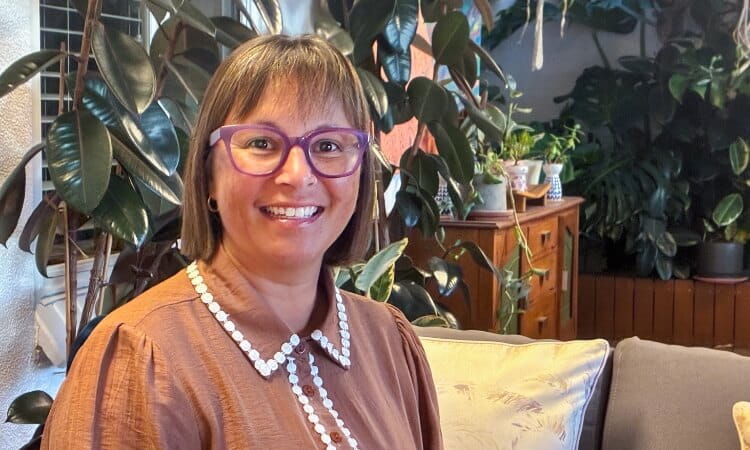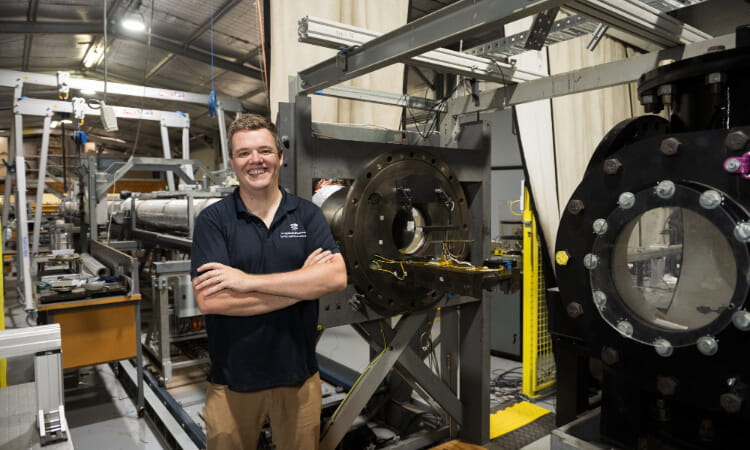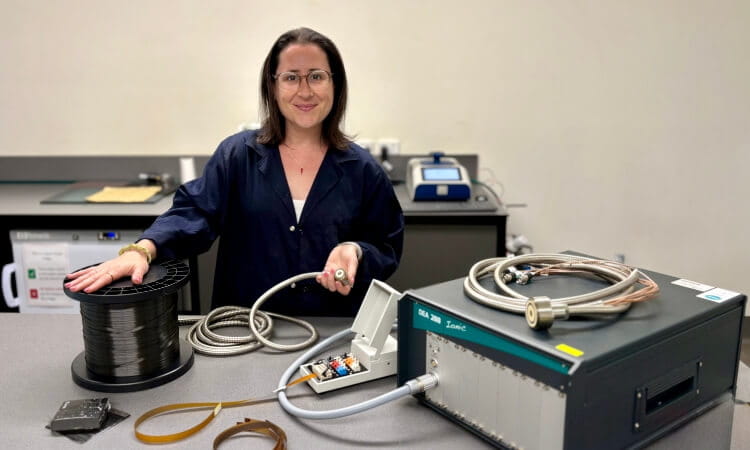New braille literacy tool to unlock better lives for millions

In 1824, a 15-year-old Louis Braille created a tactile code that opened up the written word to people with blindness or low vision (BLV).
This writing system – now known as braille – revolutionised how people with BLV access information and education.
Now, two centuries later, University of Southern Queensland (UniSQ) PhD student Aasha Rose aims to develop a world-first tool to assess braille literacy – an innovation with the potential to provide better support and opportunities to millions of people worldwide with BLV.
“Research shows that print literacy is linked to better quality of life, but we don’t yet know if the same holds true for braille users,” Ms Rose said.
She set out to explore this question through a scoping review that examined the relationship between braille literacy and quality of life, including factors such as employment, social participation, access to technology, independent living and overall happiness.
Instead, her review, published in the Review of Education, revealed major gaps in research and challenges in how braille literacy is defined and measured.
“Many researchers have looked at elements like reading, writing and spelling, but I couldn’t find a single agreed-upon definition of braille literacy,” she said.
“While the benefits of braille skills are well documented, this highlights the urgent need for stronger evidence to better support the education and social inclusion of braille users.”
To address this issue, Ms Rose has launched a new study to test and validate a braille literacy assessment developed during her initial research.
She is now calling on braille users to take part in both an assessor-led and an online assessment to help determine what should be included in the braille literacy tool she aims to develop.
“A reliable tool to assess braille literacy is essential if we want to truly understand its impact on quality of life,” Ms Rose said.
“There has been an argument for some time that audio access is easier – people can listen and dictate to access print. However, braille literacy may provide a more nuanced access to language, particularly in areas like spelling rules.
“A positive link between braille literacy and quality of life could help strengthen the case for better resourcing, policies and procedures to support braille development.”
Ms Rose is a former specialist teacher with over 20 years' experience supporting students with BLV and is now working with people of all ages to support their braille learning.
She hopes her research will highlight the lived experiences of braille users and the broader impact of braille literacy on their daily lives.
“Some of the students I’ve worked with left the education system without gaining independence or strong mobility skills. They had limited social interaction, and I was concerned about their mental wellbeing,” she said.
“It made me start questioning the quality of life for people with BLV, which eventually led me to focus my PhD on braille users.”
Braille users, as well as those who work with or support them, are invited to take part in the survey by emailing Ms Rose.


